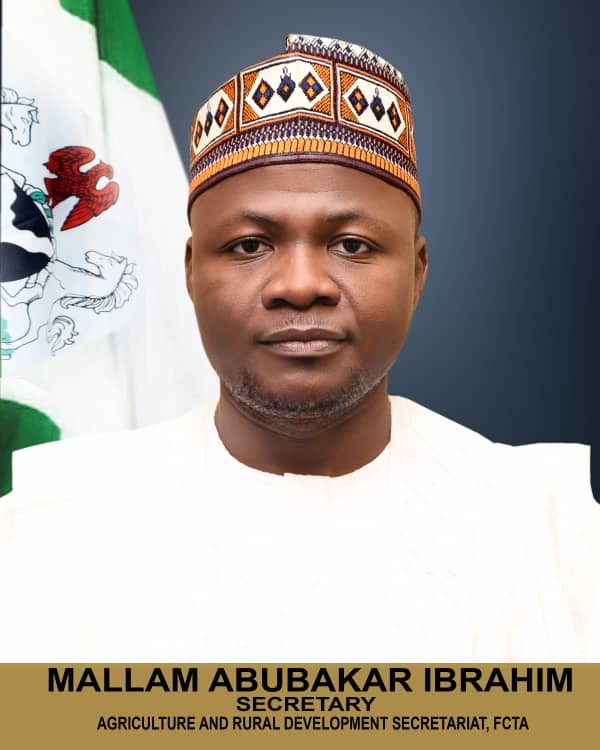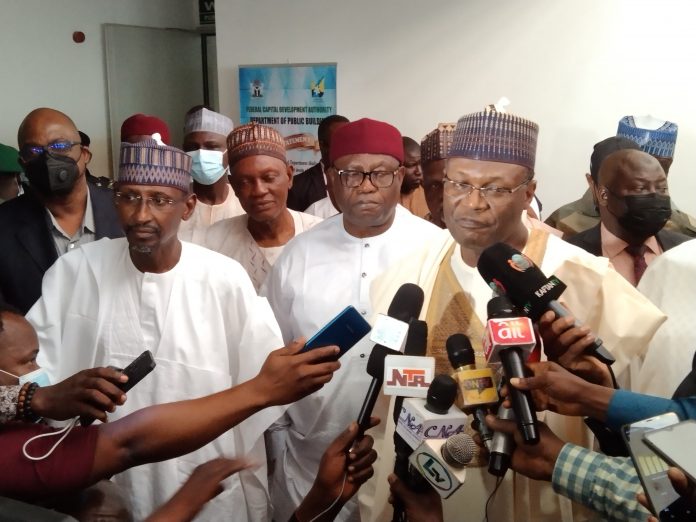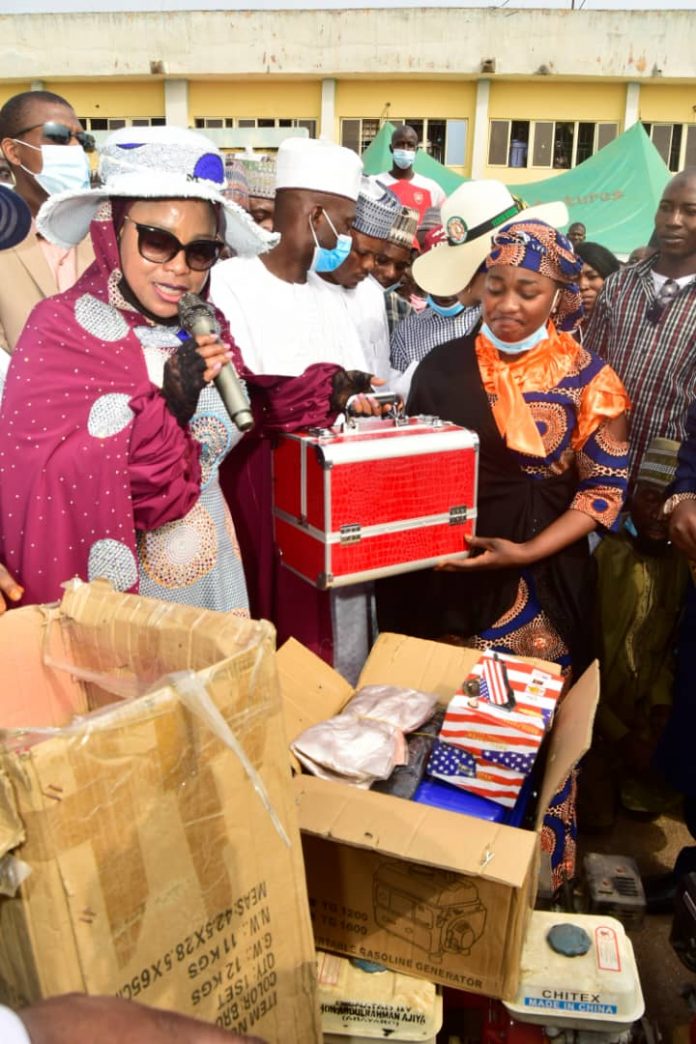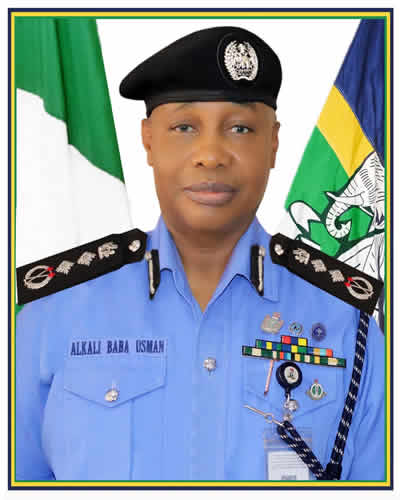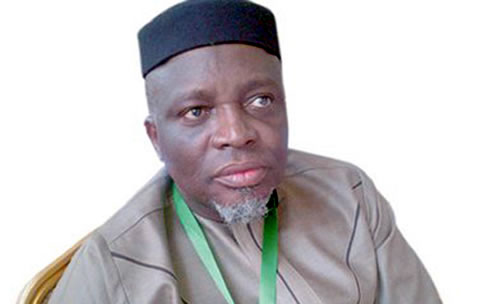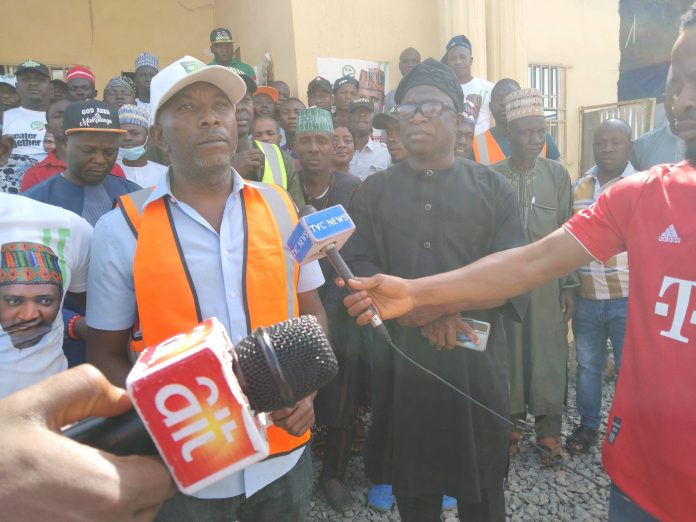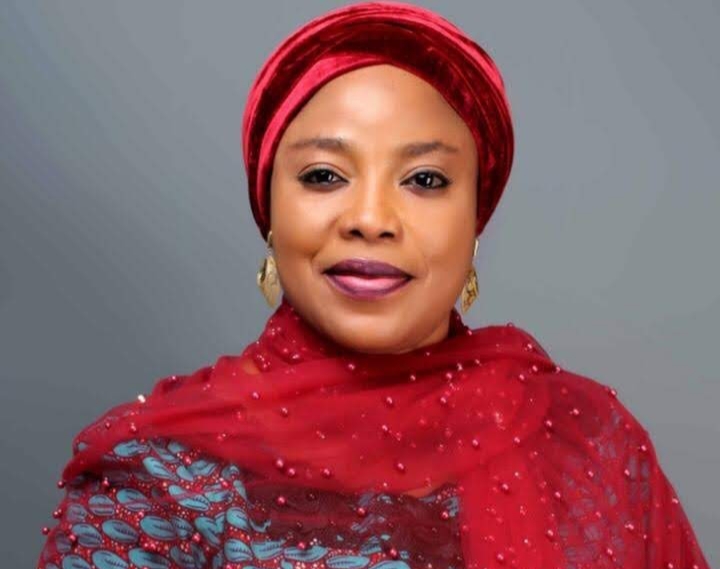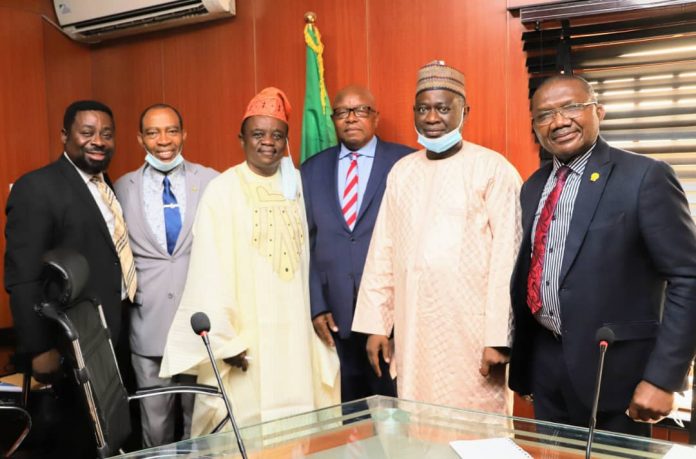The Federal Capital Territory Administration (FCTA) through its Agriculture and Rural Development Secretariat (ARDS) on Thursday promised to sustain its synergy with International Institute of Tropical Agriculture (IITA) to boost food security across the territory.
The Mandate Secretary FCT Agriculture and Rural Development Secretariat, Mallam Abubakar Ibrahim disclosed this when the Abuja station representative/ project manager of IITA, Prof. Lateef Sanni led other senior officials on a courtesy visit to him.
Ibrahim said the secretariat was not unaware of the notable achievements recorded through the collaboration that started since 1991.
He hinted that the secretariat will continue to organize and mobilize the farmers to benefit from the programmes of the Institute which has the mandate of research on soya bean, Yam, cassava, maize, cowpea, Banana and plantain.
He promised to look into the challenges raised by the Institute especially fencing of the station, and also provision of adequate security measures.
He said, “We appreciate IITA for not only making the research findings available but also providing our farmers in the FCT with improved varieties of the aforementioned crops”.
Ibrahim stated that in recognition of the important role of research in boosting Agricultural production, the FCT Administration has continued to sustain its support to the Institute, describing the recent donation of a transformer and a borehole to the Institute in 2019 as another way of enhancing the activities of the Institute.
On his part, the IITA Abuja station representative Prof. Lateef Sanni appreciated the FCT Administration for always supporting the Institute to meet up with its mission to help resource-poor farmers raise agriculture production, as well as improve food security, and increase incomes in sub-Saharan Africa.
He further solicited assistance in the areas of completion of the Abuja perimeter fence of about 1,630meters, which he said exposes the station and all its assets to high security risks including land grabbing and encroachment.
Sanni also requested for an outreach and capacity building line budget to enable IITA to bridge the gap in Agriculture interventions in the Federal Capital Territory.
In her remarks, the Director Agriculture services in the secretariat, Mrs Francisa Ihekandu said the collaboration between IITA and FCTA will continue to yield positive results in the agriculture sector.

